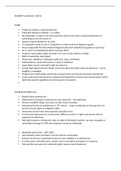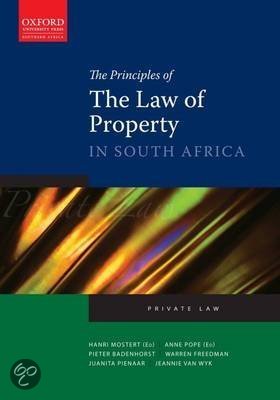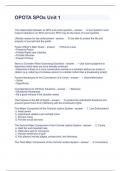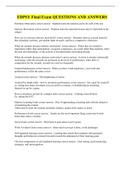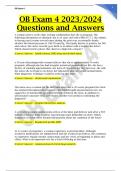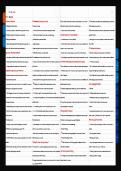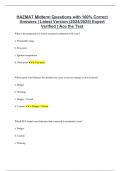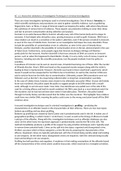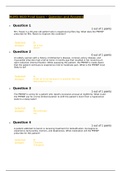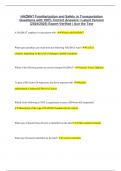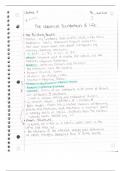Summary
Summary Law of Property in South Africa - Notes & Summaries
- Course
- Property Law (PVL2002)
- Institution
- University Of Cape Town (UCT)
Law of Property in South Africa - includes full summary of the textbook Principles of Law of Property in SA by H. Mostert; case summaries; lecture notes; exam prep. Structured in heading and bullet point format, easy to read and with relevant authority.
[Show more]
